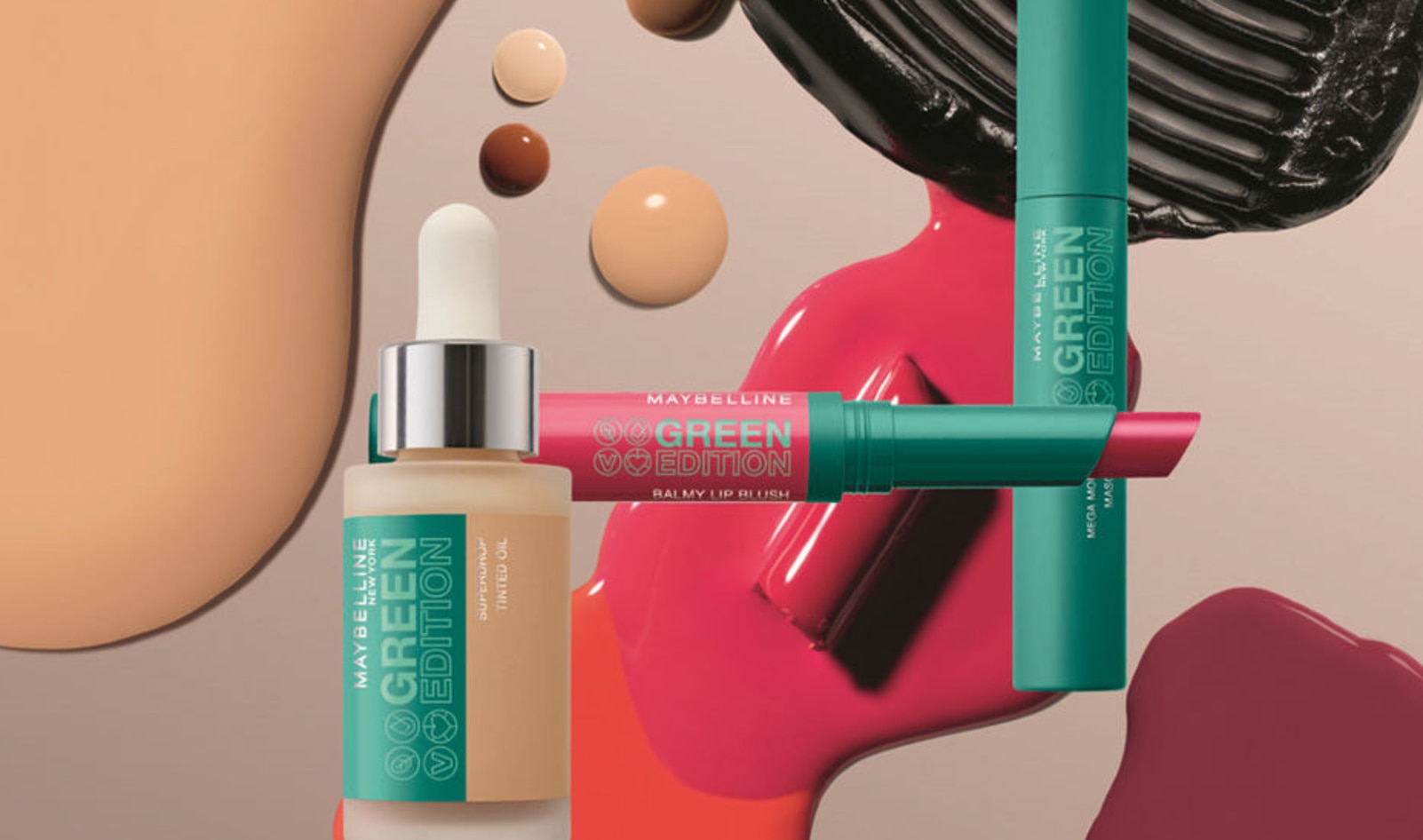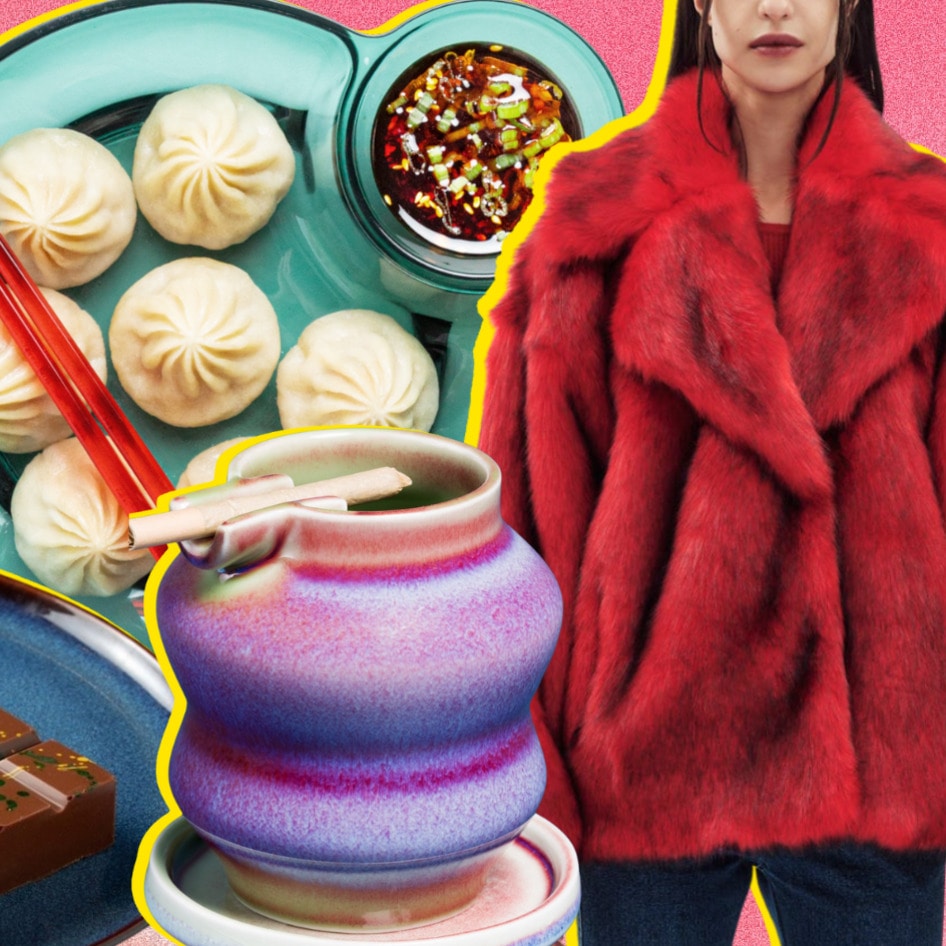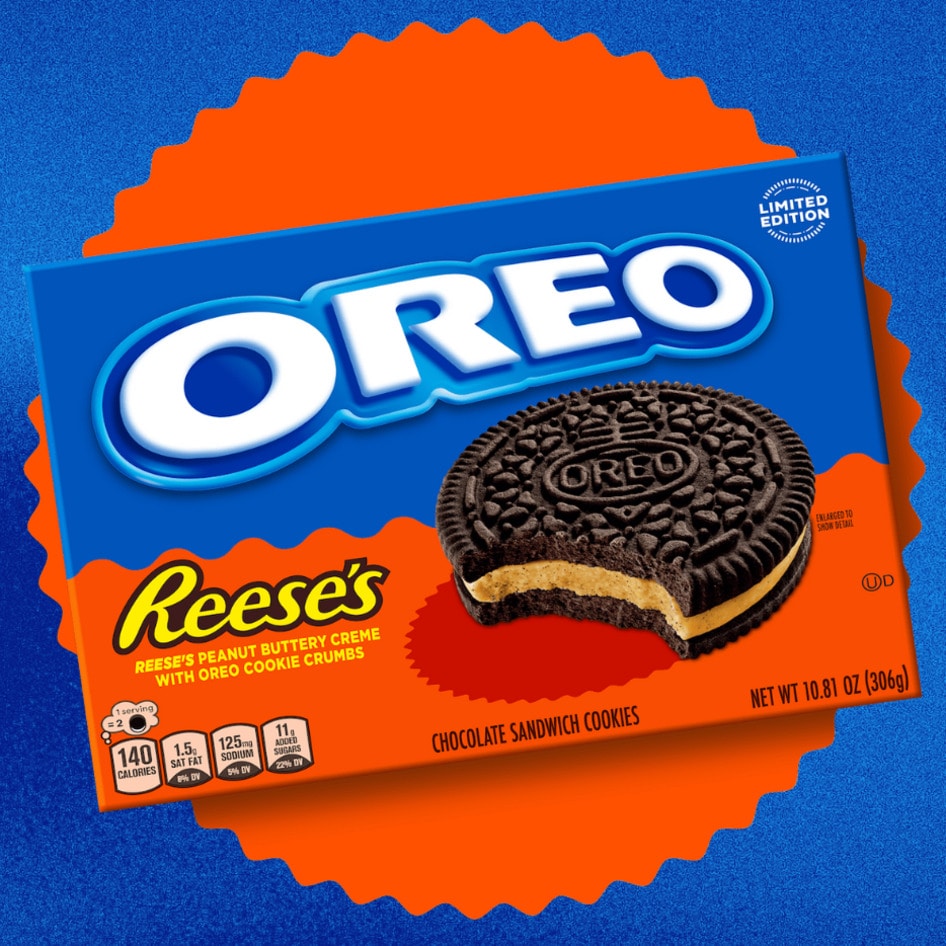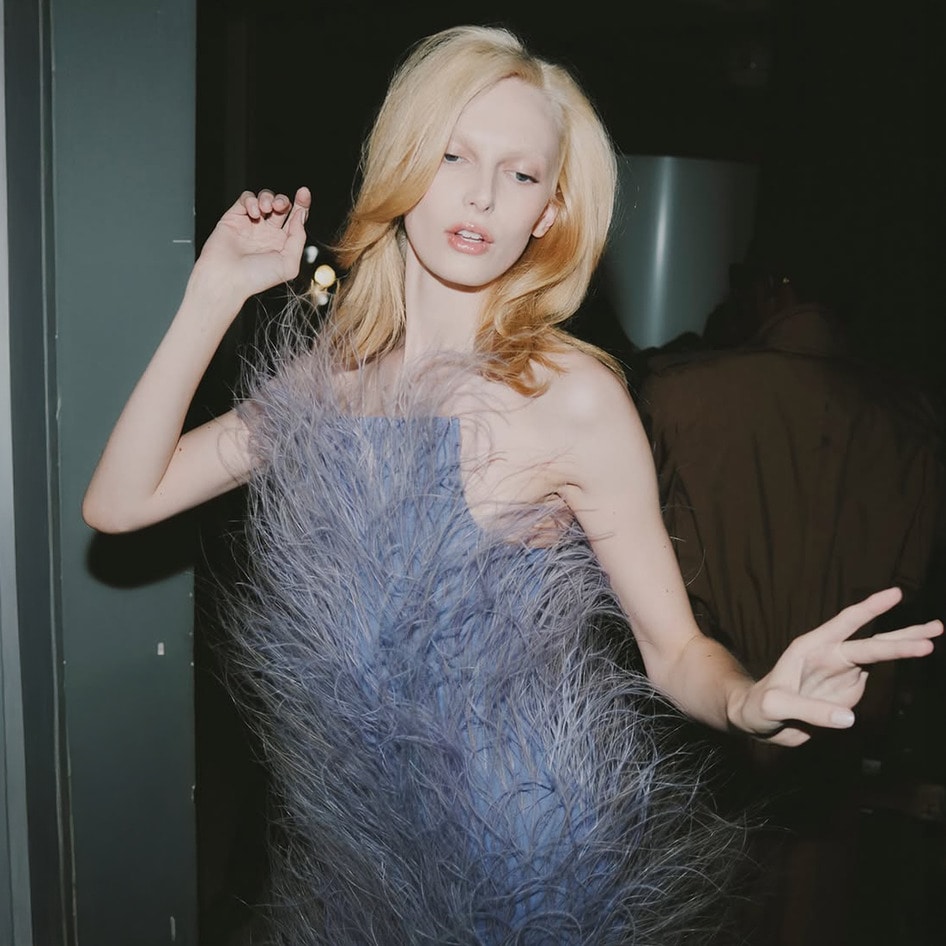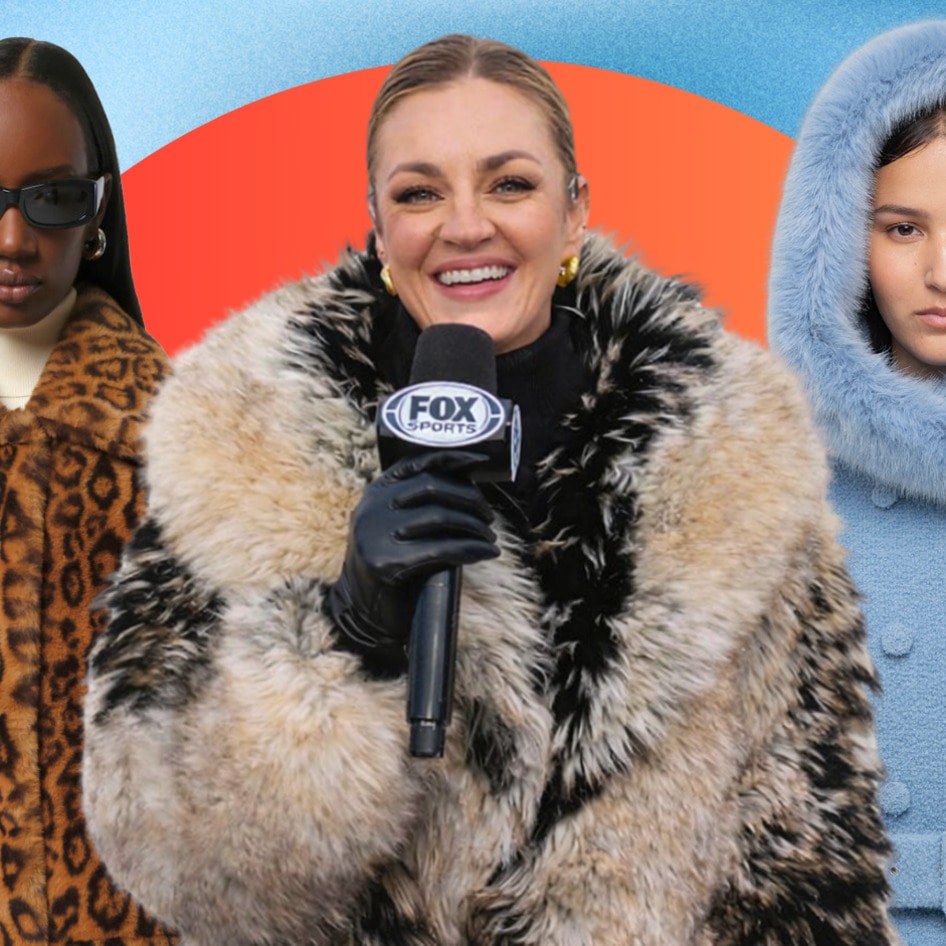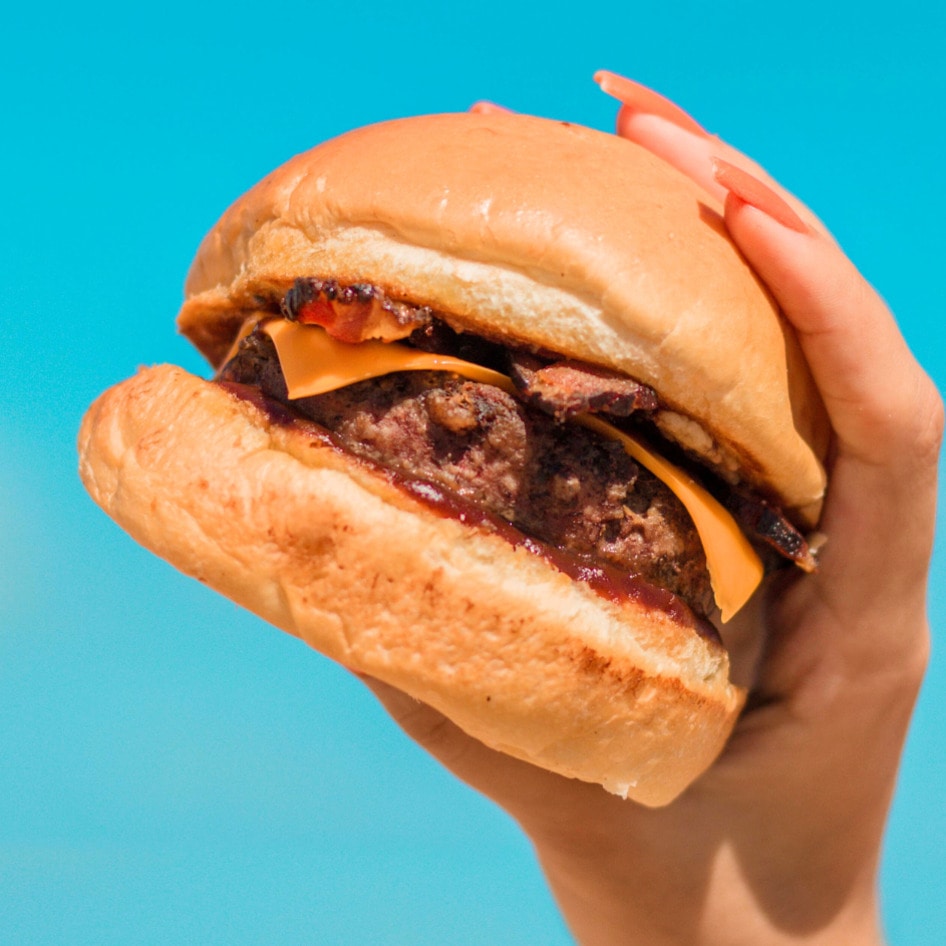Beauty giant Maybelline New York just launched Green Edition, a line of makeup products made without animal-derived ingredients. The line includes Mega Mousse Mascara, Balmy Lip Blush, and Superdrop Tinted Oil.
The new Green Edition line is part of Maybelline’s new Conscious Together sustainability program and is its first line to be certified by Cradle to Cradle, which assesses products for environmental and social performance.
Maybelline’s new Conscious Together program consists of four sustainability goals it aims to achieve by 2030: a transition to 100-percent recycled plastic packaging; working with consulting company South Pole to develop makeup recycling technologies; slash carbon emissions by 50 percent from its full product lifecycle; and use 95-percent bio-based formulations for its products, derived from abundant minerals or circular processes.
The last goal in its Conscious Together program led Maybelline to develop its new Green Edition line which contains a minimum of 70-percent natural-origin ingredients. “All of us at Maybelline want to make progress and inspire the industry to make progress,” Trisha Ayyagari, Global Brand President of Maybelline New York, said in a statement. “We looked at the key areas where Maybelline could make a positive environmental impact and set ambitious goals that will guide our actions until 2030. We recognize that there is still so much to do, and we are committed to concrete actions that will help us accelerate our sustainable transformation.”
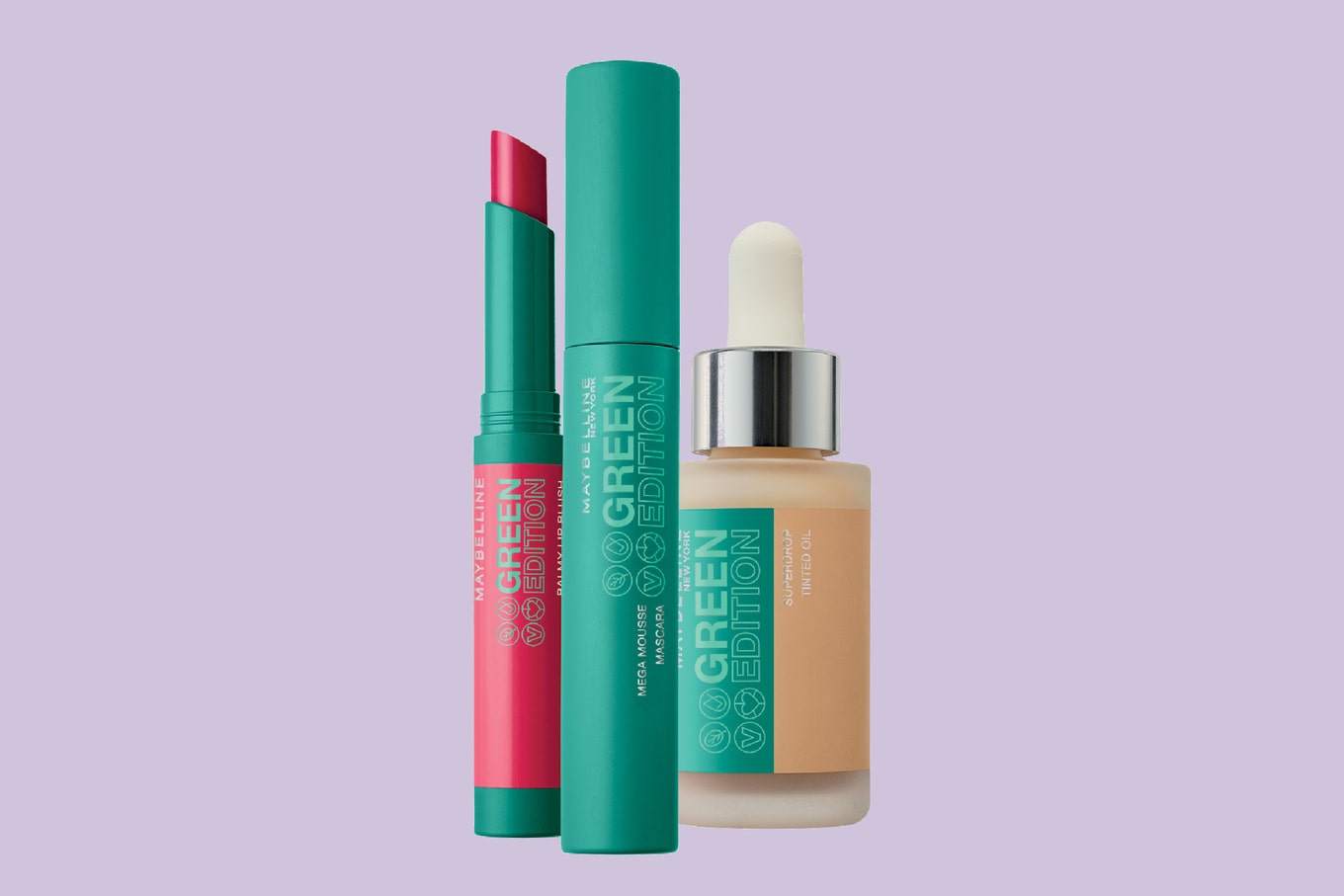
Is Maybelline cruelty-free and vegan?
A plant-based makeup formula is only half of the equation when considering whether or not a beauty product is vegan as animals worldwide are tortured in laboratories for the sake of beauty. The process to certify any brand as cruelty-free requires an extensive investigation of the entire supply chain, including all raw materials and individual ingredients, for any cases of animal testing. Neither Maybelline nor its parent company L’Oreal are certified cruelty-free by any certification organization, which makes their products not vegan.
L’Oreal’s animal testing policy states that it stopped testing its products on animals in 1989 and has been a leader for 30 years in developing alternative methods to animal testing, including predictive assesment tools, imaging techniques, and molecular modeling.
However, L’Oreal sells its products and brands, including Maybelline, in mainland China where animal testing is required for many beauty products sold in physical stores. L’Oreal’s animal testing policy explains that it is working with Chinese authorities to eliminate animal testing and has succeeded to some degree with the 2014 launch of shampoo, body wash, and certain makeup products that were not tested on animals. In 2021, a new law came into effect in China that allows some exemptions from animal testing on certain beauty products.
VegNews has reached out to L’Oreal to inquire about its efforts in securing exemptions from testing its products on animals under China’s new law.
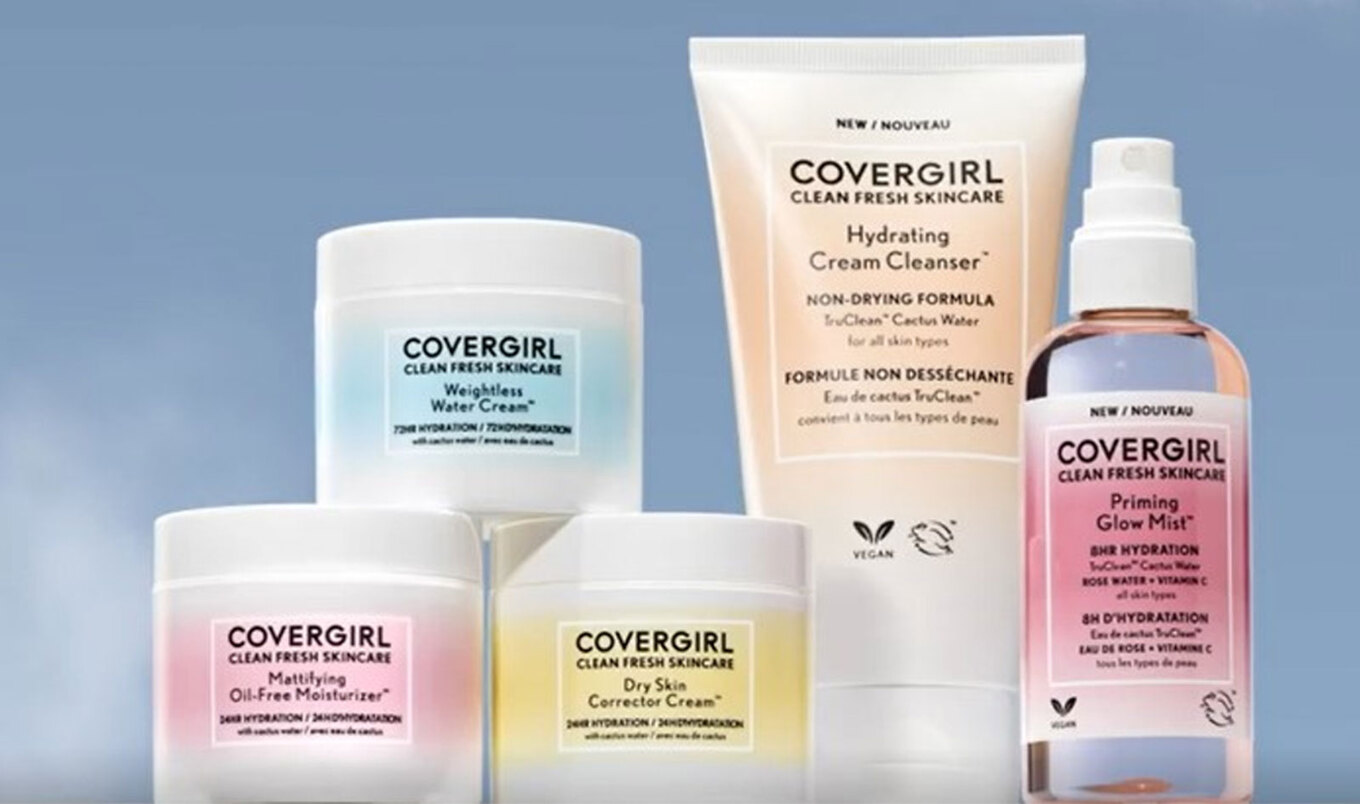
CoverGirl goes cruelty-free
While animal testing in the beauty industry continues to be an issue, major companies are making a shift in the cruelty-free direction. In 2018, L’Oreal’s largest competitor, Coty, obtained cruelty-free certification from Leaping Bunny for its CoverGirl beauty brand, setting a precedent for a global commitment to ending animal testing. As a Leaping Bunny certified brand, CoverGirl is also not sold in mainland China.
Shortly after obtaining its cruelty-free status, CoverGirl launched Clean Fresh, its first vegan and cruelty-free makeup line that features foundation, lip tint, highlighter, and blush. In 2020, the brand launched its first vegan Lash Blast mascara exclusively at Target. Last year, CoverGirl got into a whole new category with the launch of its first skincare line, which is also vegan and cruelty-free.
“Consumers expect brands to be leaders for positive change, so today CoverGirl is taking a stand about making cruelty-free cosmetics a mainstream reality,” Ukonwa Ojo, Chief Marketing Officer of Coty Consumer Beauty, said in a statement last year. “We know we are not alone in wanting a beauty industry that is free from animal cruelty and, working with Cruelty Free International, invite others to join us in turning these conversations into action.”
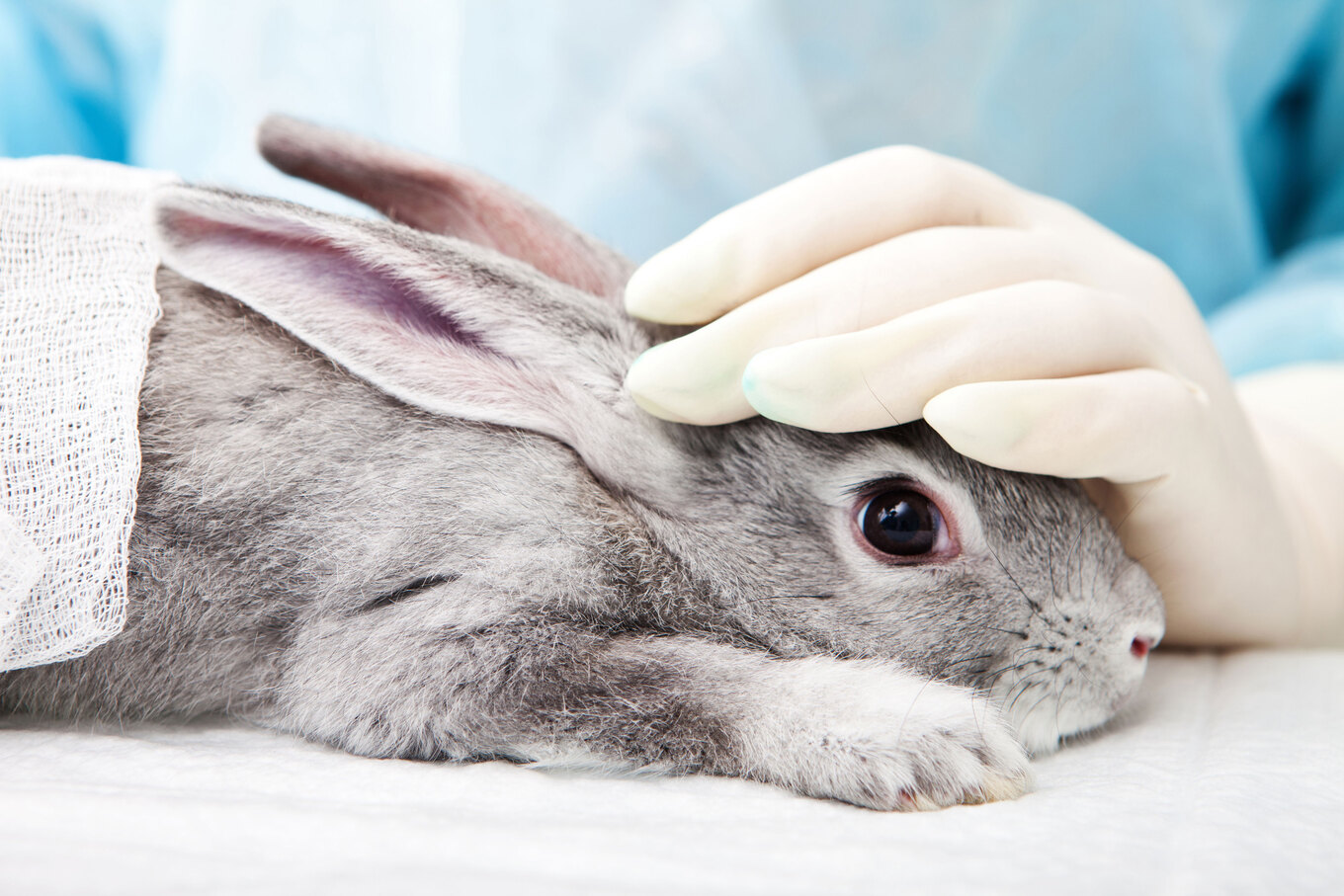
Banning cosmetic animal testing for good
As consumers push brands to pull out of China until it reevaluates its animal-testing requirements, governments around the world are passing laws to ensure that animals no longer suffer painful cosmetic tests.
In the United States, California was the first to pass a cosmetic animal testing ban in 2018—prohibiting the sale of new products tested on animals in the state—with Nevada and Illinois following shortly thereafter. Last year, Maine, Virginia, and Maryland passed similar bans, which went into effect on January 1, 2022.
Last year, Mexico became the first North American country to pass a federal ban on cosmetic animal testing, joining 40 other countries in passing such a ban. Both the US and Canada’s cosmetic animal testing bans are pending reintroduction on a federal level.
For more about vegan and cruelty-free beauty, read:Kylie Jenner’s Entire Makeup Line Is Going Vegan
Tresemmé Is Now Certified Cruelty-Free but Is It Vegan?
The Body Shop Commits to Going 100-Percent Vegan by 2023
JUMP TO ... Latest News | Recipes | Guides | Health | Subscribe

